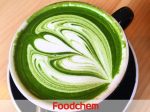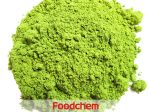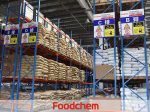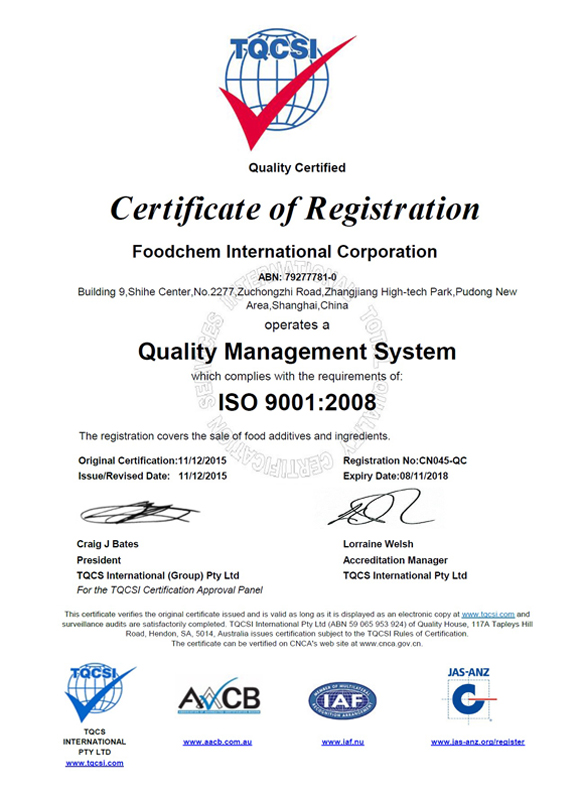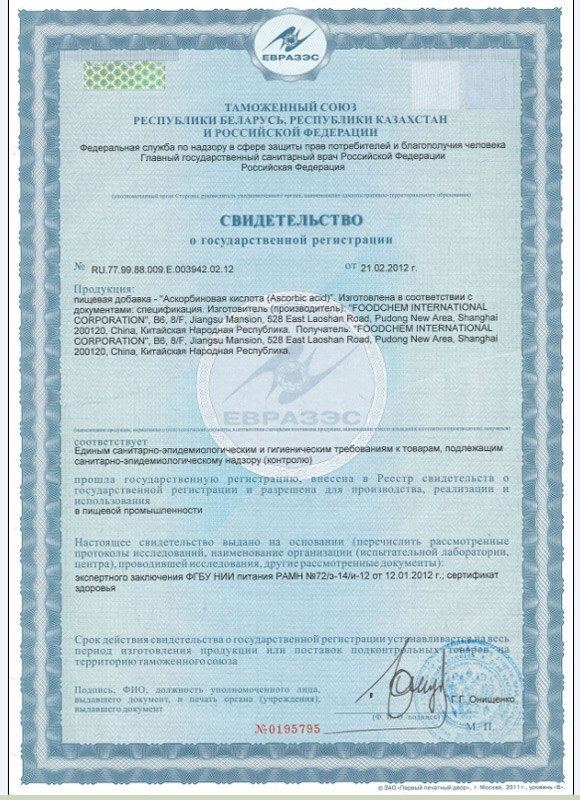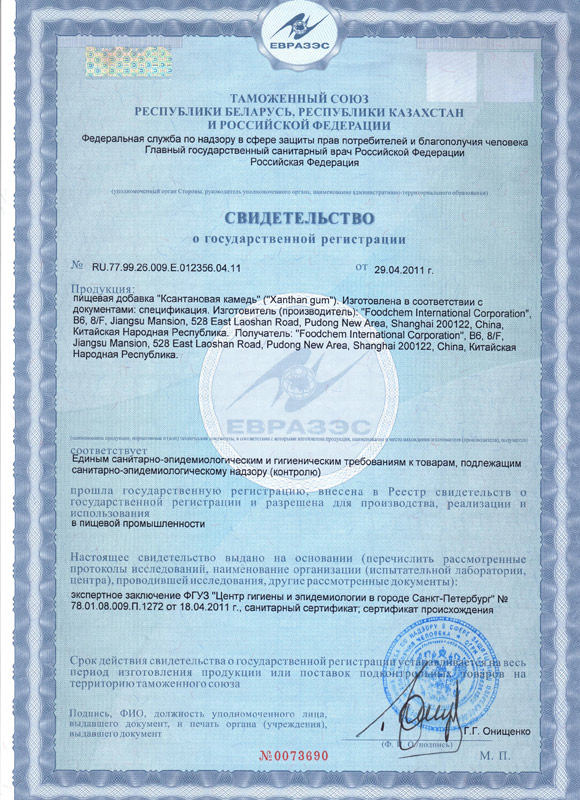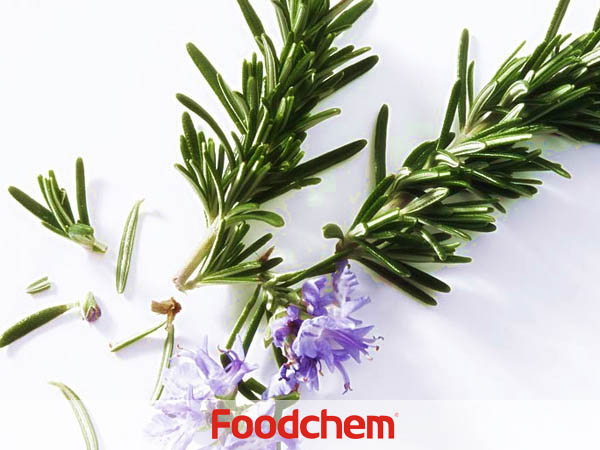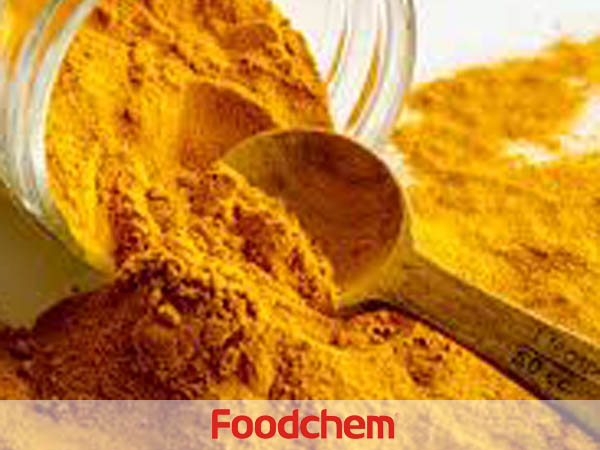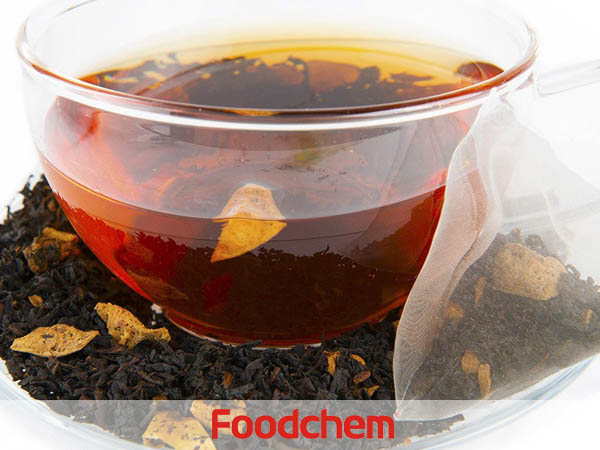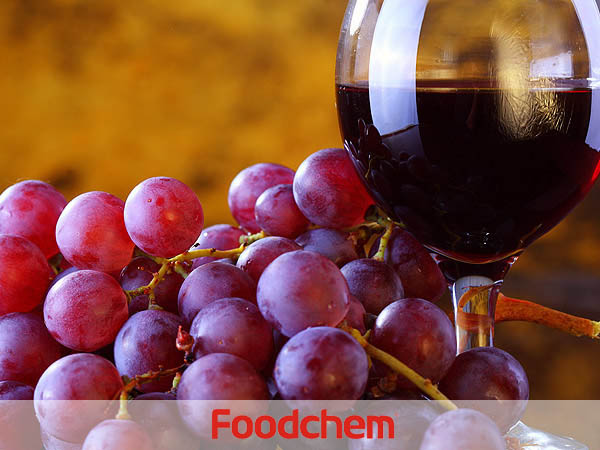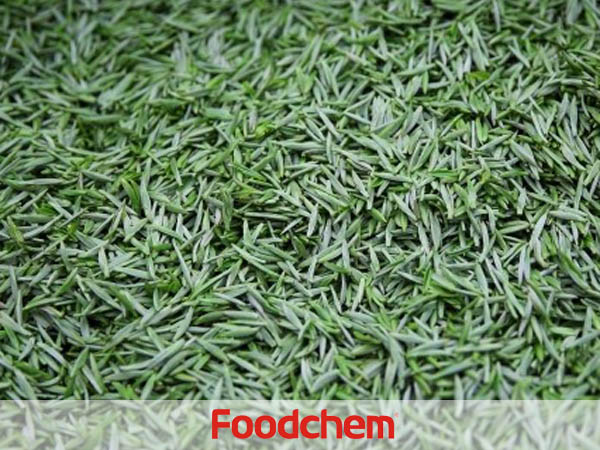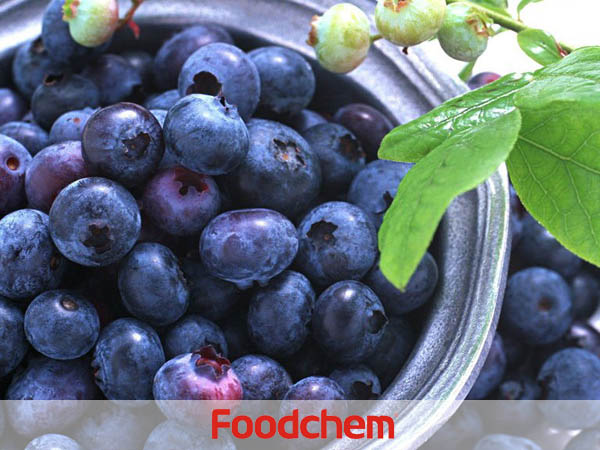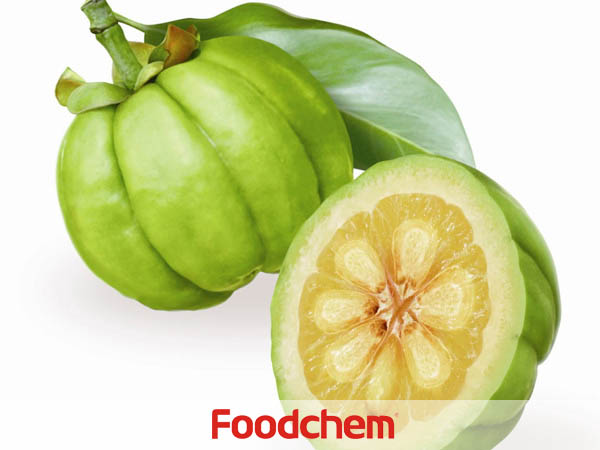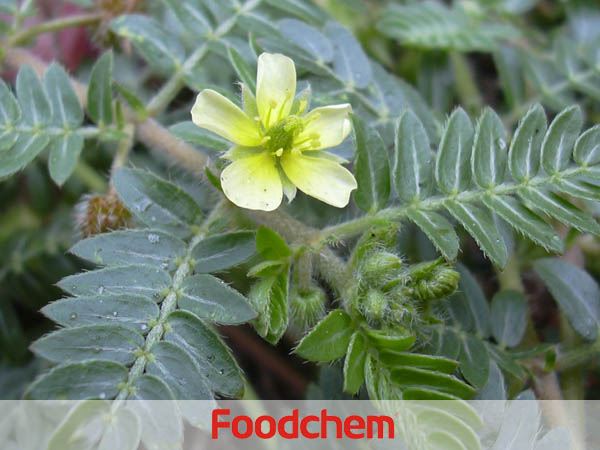Description
Matcha, also spelled maccha, refers to finely milled or fine powder green tea. The Japanese tea ceremony centers on the preparation, serving, and drinking of matcha. In modern times, matcha has also come to be used to flavour and dye foods such as mochi and soba noodles, green tea ice cream and a variety of wagashi (Japanese confectionery). Matcha is a fine-ground, powdered, high-quality green tea and not the same as tea powder or green tea powder.Blends of matcha are given poetic names called chamei ("tea names") either by the producing plantation, shop or creator of the blend, or by the grand master of a particular tea tradition. When a blend is named by the grand master of some tea ceremony lineage, it becomes known as the master's konomi, or favoured blend.It is used in castella, manjū, and monaka; as a topping for kakigori; mixed with milk and sugar as a drink; and mixed with salt and used to flavour tempura in a mixture known as matcha-jio. It is also used as flavouring in many Western-style chocolates, candy, and desserts, such as cakes and pastries (including Swiss rolls and cheesecake), cookies, pudding, mousse, and green tea ice cream. The Japanese snack Pocky has a matcha-flavoured version. Matcha may also be mixed into other forms of tea. For example, it is added to genmaicha to form what is called matcha-iri genmaicha (literally, roasted brown rice and green tea with added matcha).The use of matcha in modern drinks has also spread to North American cafés, such as Starbucks, which introduced "Green Tea Lattes" and other matcha-flavored drinks after matcha became successful in their Japan store locations. As in Japan, it has become integrated into lattes, iced drinks, milkshakes, and smoothies. A number of cafes have introduced lattes and iced drinks using matcha powder. It has also been incorporated into alcoholic beverages such as liqueurs and even matcha green tea beers.
Specification
| ITEMS | STANDARDs | ||
| Appearance | Light Green Fine Powder | ||
| Smell & Taste | Characteristic | ||
| Loss on drying(%) | 7.0 Max | ||
| Ash(%) | 7.5 Max | ||
| Total plate count(cfu/g) | 10000 Max | ||
| Yeasts & Molds(cfu/g) | 1000 Max | ||
| E.Coli(MPN/100G) | 300 Max | ||
| Salmonella | Negative |
Certification
FAQ
1, What kinds of certificates can you offer?
Foodchem is an ISO2008 9001 certified company, as for Methyl-Sulfonyl-Methane(MSM), we can offer HAPPC, KOSHER, HALAL Certificates, ect.
2, Is Foodchem a manufacturer or just a trading company?
Foodchem is both manufacturer and trading company, we are Methyl-Sulfonyl-Methane(MSM) distributor, at the same time, we are manufacturer of other products.
3, What is the Min Order Quantity of Methyl-Sulfonyl-Methane(MSM)?
Different products have different MOQ, for Methyl-Sulfonyl-Methane(MSM), the MOQ is 500kg.
4, What is the price of Methyl-Sulfonyl-Methane(MSM)?
Foodchem is a famous supplier and manufacturer of Methyl-Sulfonyl-Methane(MSM) in China, and has been corporate with many Methyl-Sulfonyl-Methane(MSM) suppliers for several years, we can provide you with cost-effective Methyl-Sulfonyl-Methane(MSM).
5, How long shall we wait for your reply?
We can guarantee to reply your inquiries of Methyl-Sulfonyl-Methane(MSM) in less than 24 hours in working days.
6, What kinds of transportation types can you provide?
Our main transportation methods include air transportation, land transportation and water transportation.
7, What kinds of payment terms can you accept?
The most commonly used payment terms are T/T, L/C, D/P, D/A, etc.
8, How long will I receive my good?
Foodchem has its own EDC warehouse in Shanghai, when your purchase order has been confirmed, inventory products will deliver within 1 week, other products delivery in 2 weeks.


